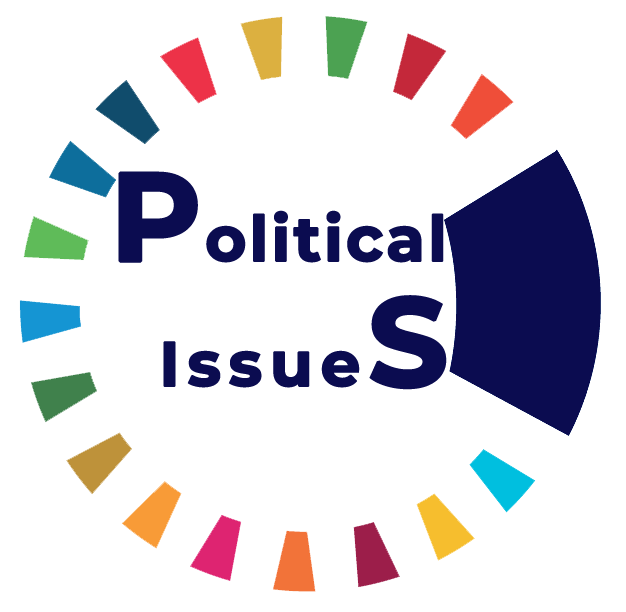Iran and the Western Sahara Issue
DOI:
https://doi.org/10.58298/202292Keywords:
ايران, الصحراء الغربية, العلاقات, الشعوف المستضعفةAbstract
The issue of Western Sahara is one of the influential issues that have attracted the attention of many Arab and African countries and the international community in general. Given the geographical location of Western Sahara and its natural and mineral wealth, it has become the focus of contention and conflict between Morocco and the Polisario Front since 1975. Despite the Arab, African and international initiatives to get an end to the matter, they did not find any benefit in the face of the two sides' insistence on their position. Accordingly, many countries, including Iran, had a position on this issue, which exceeded four decades.
conflict over it have resulted in many developments, so that it has become an outlet for the entry and intervention of many countries according to their interests, especially some major countries such as France, Spain and the United States of America. From this point of view, these countries were keen to continue this problem and to prevent a solution from being reached to perpetuate their interference in the region. As for Iran, it also tried to use its attitude on the issue according to its interests at that stage. Although the principle of supporting vulnerable peoples and repelling injustice is what Iran adopted in its foreign policy after the Iranian revolution, this does not prevent Iranian interests from being present in Iran's stances and policies toward foreign issues, including the issue of Western Sahara. Iran's position on the issue was characterized by instability and change from time to time according to its interests, and these attitudes were a direct cause of severing and restoring relations between the two countries.

Downloads
Published
Issue
Section
License
This is an Open Access article distributed under the terms of the creative commons attribution (CC BY) 4.0 international license which permits unrestricted use, distribution, and reproduction in any medium or format, and to alter, transform, or build upon the material, including for commercial use, providing the original author is credited.





